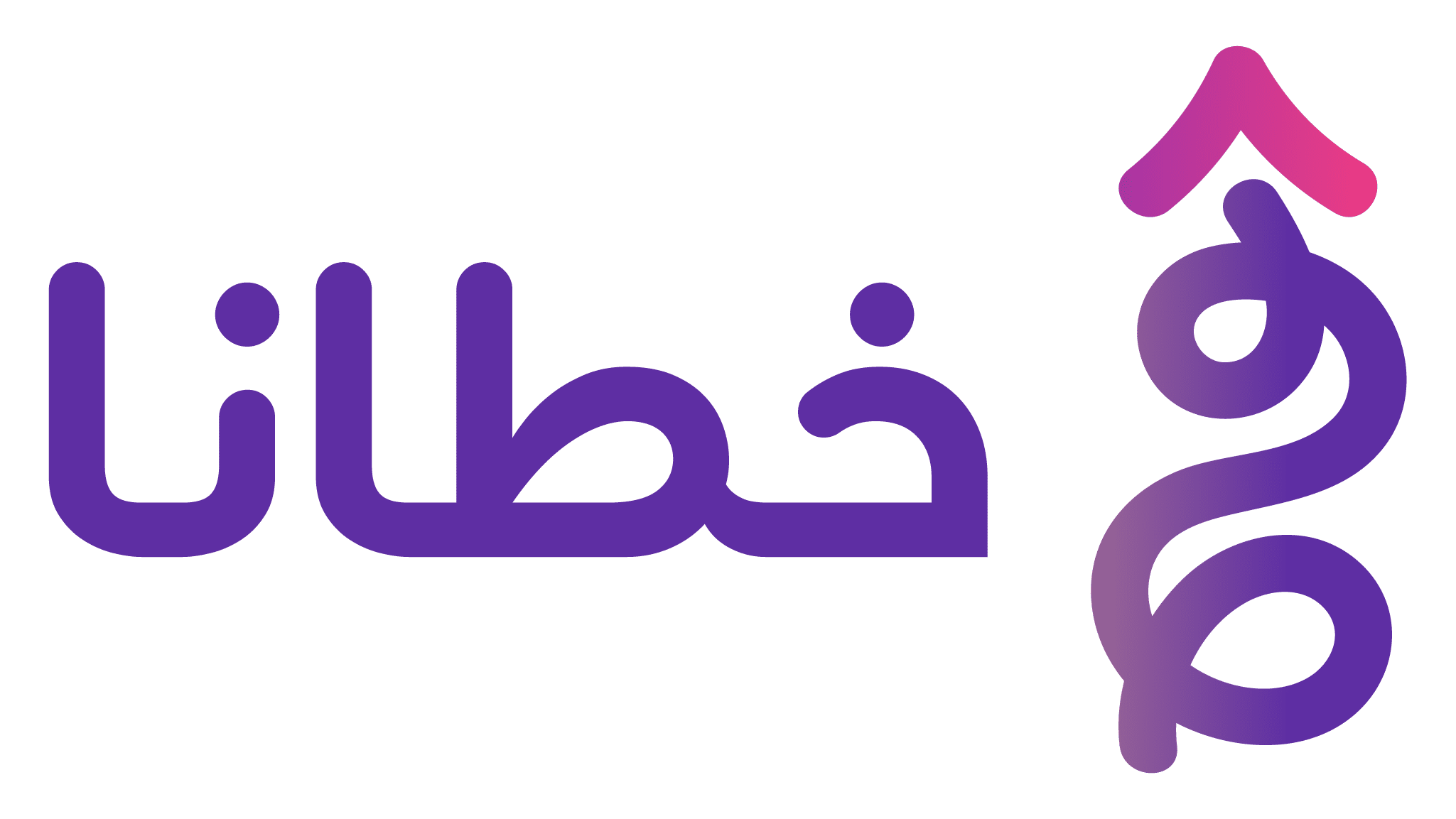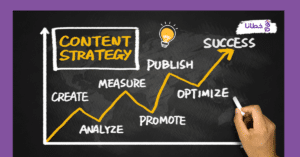table of contents
Off-Page SEO: Search Engine Optimization (SEO) is a vital part of digital marketing. It is the technique that helps businesses improve their website ranking on Google. This helps in reaching the target audience and converting them into customers. With almost every business, regardless of its size, having a website today, it is increasingly important to learn how to optimize search engines today.
In the world of search engine optimization (SEO), there are several strategies you can implement to optimize your website and thus improve its visibility and ranking on search engines. One of these strategies is off-page SEO. As we enter 2025, knowing the latest developments in off-page SEO is crucial. In this article, we’ll explore basic off-page SEO techniques that will help increase your website’s online visibility and drive traffic to your site. Follow along.
What is off-page SEO?

As the word suggests, off-page SEO involves work done outside of your website to improve its search engine rankings. While on-page SEO focuses on improving elements within a website, off-page SEO includes the following practices:
- Social media.
- Influencer marketing.
- Podcasts.
- Content marketing.
- Building links.
- Reviews.
What is the difference between on-page SEO and off-page SEO?
1- On-page search engine optimization:
- Definition: It is the optimization techniques applied within the website.
- Focus: Focuses on improving the content, HTML, and structure of the website.
- Examples: keyword research, meta tags optimization.
- It is based on: keyword optimization, meta tags optimization.
- Impact: Helps search engines understand the content of the website.
- Control: Direct control over elements on the page.
- Visibility: Visible to search engine crawlers.
- Ranking factors: content quality, keyword relevance.
- Objective: To improve the website’s search engine rankings.
- Importance: Essential to your SEO strategy.
1- Off-page SEO:
- Definition: Optimization techniques applied externally to a website.
- Focus: Focuses on promoting the website through various means.
- Examples include: link building, social media marketing, and influencer outreach.
- It is based on: gaining backlinks, social bookmarking, and online reputation management.
- Impact: Enhance the authority, credibility, and visibility of the website.
- Control: Indirect control of external factors and signals.
- Visibility: Visible to users and other websites.
- Ranking factors: quality of backlinks and social signals.
- Objective: To enhance the website’s reputation and online visibility.
- Importance: Complementary to on-page optimization.
Key Off-Page SEO Techniques for 2025
1- Building links
Link building is the practice of obtaining backlinks from websites with good domain authority. Backlinks are viewed as a vote of confidence from Google, helping to add credibility and authority to a website. Commonly used link building strategies are as follows:
- Connect with industry influencers.
- Participate in relevant forums.
- Create link-worthy content.
- Guest blogging.
2- Content marketing
Content marketing involves creating and distributing informative and engaging content through text, images, or videos. Creating valuable content, such as blogs or articles, establishes your website as an authority in a specific field. This can also attract more backlinks and shares, improving your off-page strategy. For example, let’s say you have a website with blogs and articles about the latest SEO methods. If users find your article useful and informative, they might share it on social media platforms to increase the reach of the content.
3- Social media
The widespread use of social media has made it a new way to promote products and services. It can also serve as a way to engage with your target audience and create awareness about your offerings. By doing so, you can increase the visibility of your products or services, attract followers, and encourage others to share and link to your content.
4- Podcasts
Podcasts have gained immense popularity recently. By sharing your thoughts on a specific topic through a podcast, you can reach new audiences, build authority, and gain backlinks when other websites find your content valuable.
5- Reviews
Online reviews have a significant impact on a company’s reputation and visibility. Encouraging customers to leave reviews on platforms like Google My Business, Yelp, and industry-specific review sites can positively impact your website’s off-page SEO. Positive reviews can improve your online reputation, attract potential customers, and indirectly increase your search engine rankings.
6- Influencer marketing
Collaborating with influencers with a strong online presence can significantly boost your off-page SEO efforts. By partnering with influencers, you can tap into their follower base, gain exposure, and earn backlinks and social media shares. Influencer endorsements and mentions can significantly boost your brand’s visibility and credibility.
7- Local search engine optimization
Imagine you’re a local business owner eager to attract customers in your area. This is where local SEO comes in. It’s like highlighting your business within your community. Local SEO focuses on improving your online presence and aims to put your website or company at the top of search results when people in your area search for your business. You can increase your visibility and build trust and credibility among potential customers near you with the help of local SEO. This can be done through the following practices:
- *Get online reviews from satisfied local customers.
- *Create a Google My Business profile.
- *Inclusion in online directories.
Benefits of Off-Page SEO
- More traffic to your website: Higher search engine rankings and a strong online presence attract targeted organic traffic to your website, leading to increased visibility and potential conversions.
- positive results in the long term: Off-page SEO efforts, such as building high-quality backlinks, contribute to improving your website’s search engine performance in the long term.
- Increase online visibility: Off-page SEO activities such as social media marketing, influencer collaborations, and guest blogging increase your brand’s online visibility.
- Improve search engine rankings: Off-page SEO techniques help improve your website’s visibility and authority, leading to higher rankings on search engine results pages.
- Increase website credibility: Building backlinks from powerful websites and getting positive reviews helps establish your website as a trusted source.
In conclusion, off-page SEO techniques are vital for improving your website’s visibility, authority, and rankings. As we move into 2025, it’s essential to keep up with the latest off-page SEO strategies and trends. Focus on acquiring high-quality backlinks, leveraging social media platforms, implementing influencer marketing, and creating valuable content. Additionally, improve your user experience to stay ahead in the SEO world. By implementing these tactics, keeping up with current trends, and consulting with Khutana E-marketing advice, you can enhance your website’s online presence and attract targeted traffic in 2025 and beyond.
Off-Page SEO Article Questions
What is Off-page SEO?
The term “off-page SEO” (also called “off-site SEO”) refers to actions taken outside of your website to influence your rankings within search engine results pages (SERPs) and impact how people discover and interact with your content.
Is off-page SEO still effective for SEO?
Although both on-page and off-page SEO are important, many experts believe that off-page SEO is the most important factor in determining your website’s search engine ranking. This is because search engines place great importance on the number and quality of backlinks pointing to your site.
What is the difference between on-site and off-site SEO?
On-site SEO aims to build trust and make your content easy for search engine robots to read and understand. Off-site SEO aims to signal, often through links pointing to your site, that your content is worth appearing in search engine results.
What is Crawling in SEO?
In the context of search engine optimization (SEO), crawling is the process by which search engine robots (also known as web crawlers or spiders) systematically discover website content. This content can be text, images, videos, or other file types that robots can access, regardless of their format.
We respect and value your time... half an hour to grow your project
































